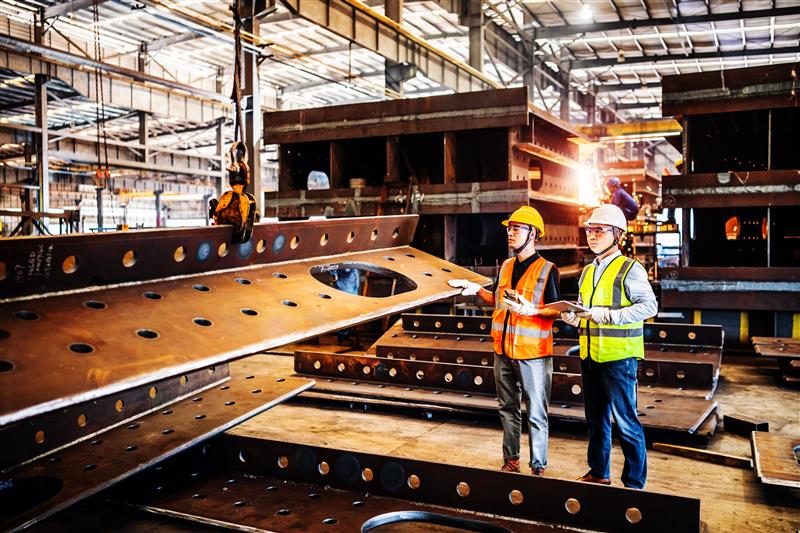Insights
By taking the time to listen and understand our clients’ business needs and people’s career aspirations, Aerotek has gained a unique perspective into the intersection of talent and business. The insights gained from these partnerships are reflected in the articles, case studies, interviews and reports collected here.



















